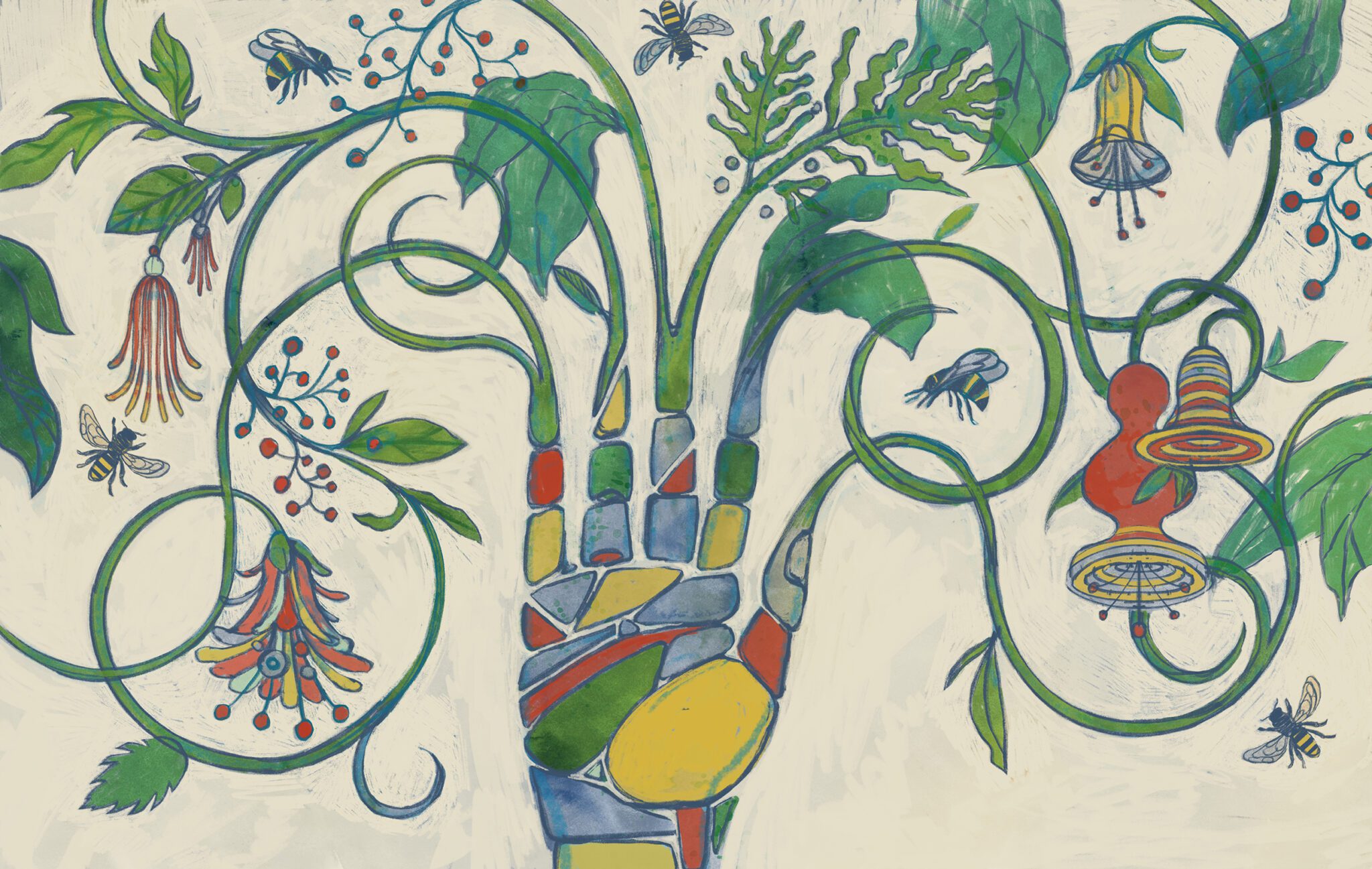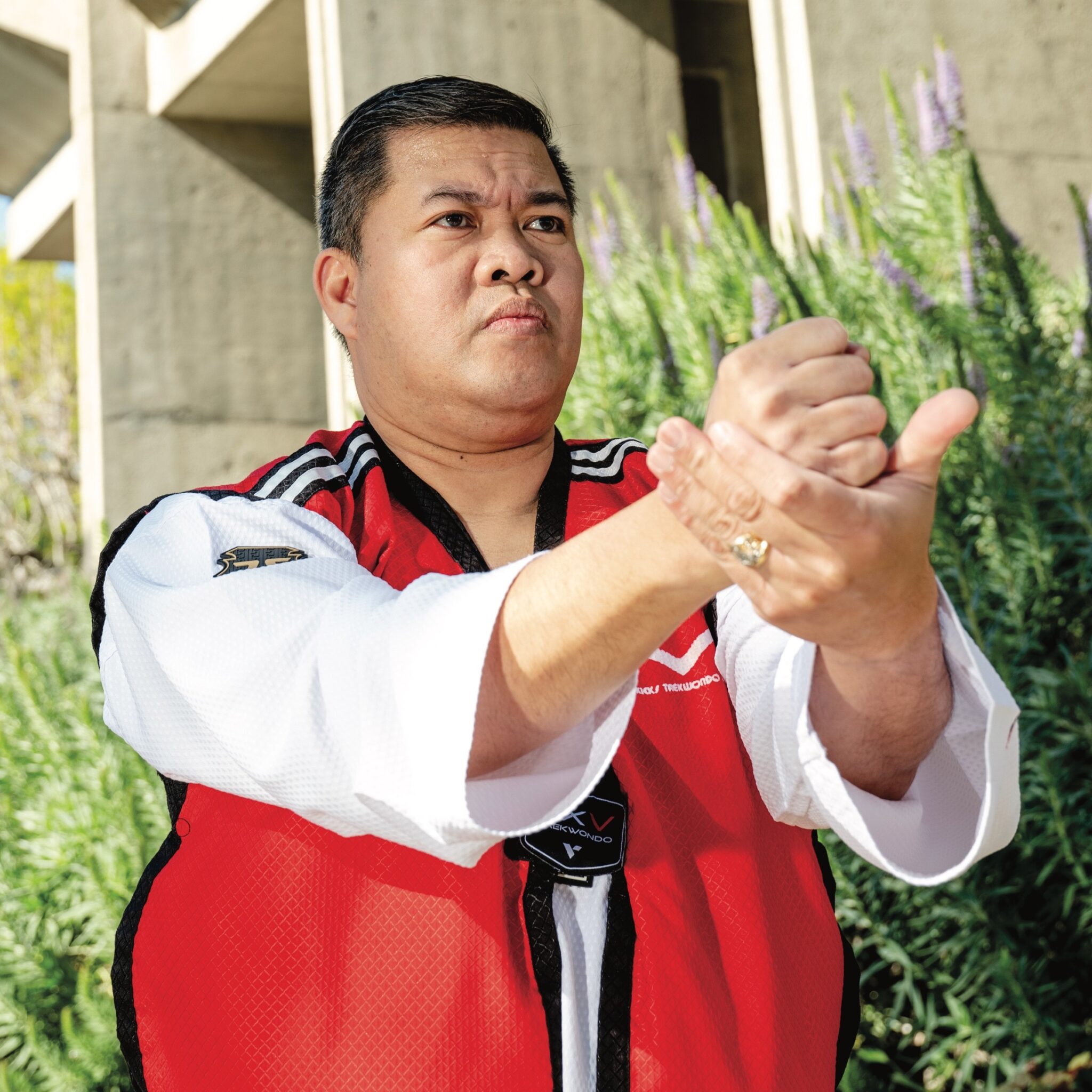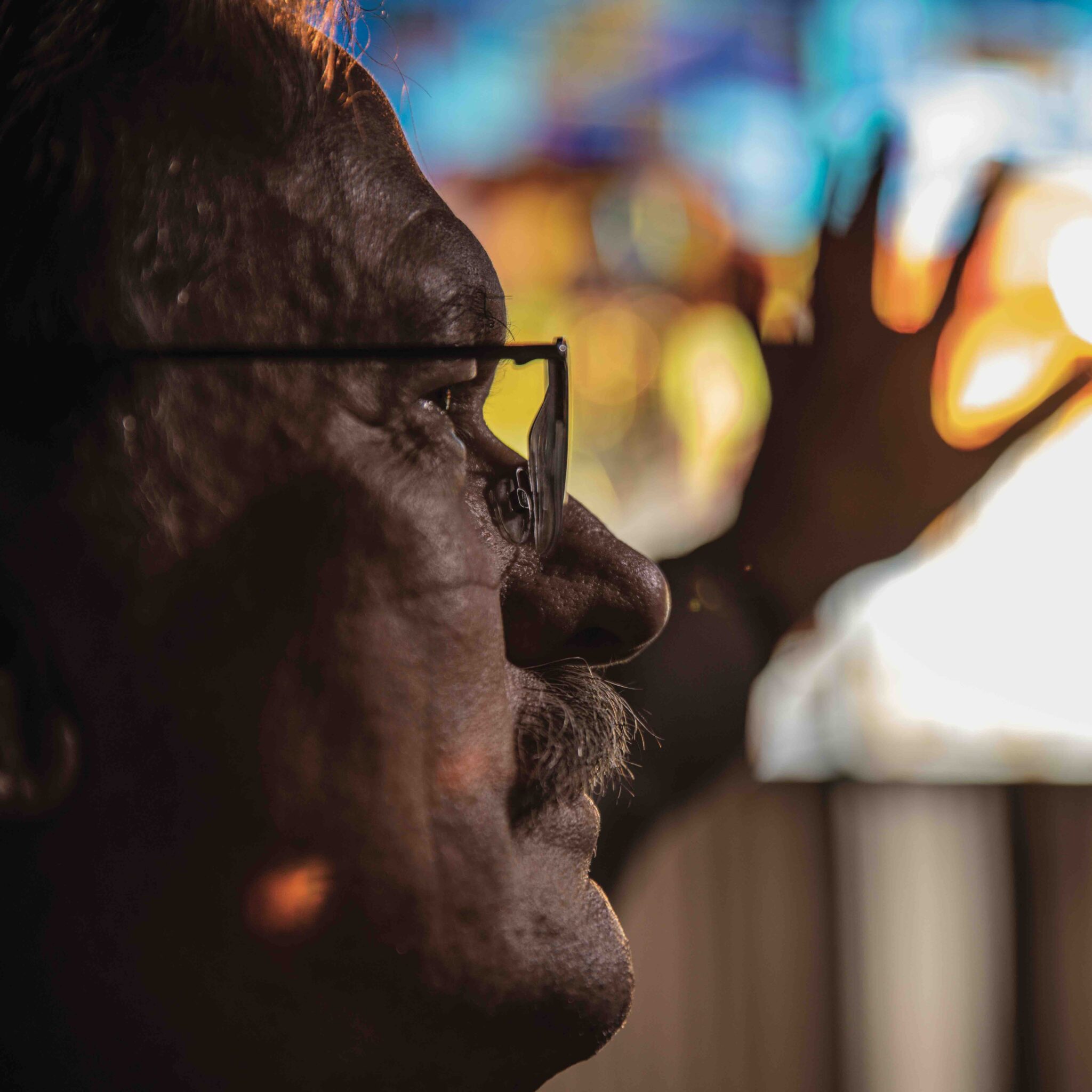
Through Masonic Outreach Services, a Lifeline to Those in Need
Thanks to lodge volunteers, Masonic Outreach Services can be everywhere to provide support to those in need.
By Ian A. Stewart
Nothing exists in a metaphysical vacuum. At least that’s the idea behind this year’s California Masonic Symposium, the yearly gathering of fraternal researchers, specialists, and other deep thinkers. And Freemasonry is no different, at least where spirituality is concerned.
This year’s event, held June 16 and broadcast live online, is titled “The Spiritual Quest and Freemasonry.” In it, a roundtable panel will explore the role of spirituality within the craft—and the many ways that Masonry has both affected and been affected by other esoteric movements. From the turn-of-the-century fascination with the occult to today’s mystical Kabbalists, Masonry’s philosophical reach is long. Rosicrucianism, Perennialism, Theosophy—the list of spiritualist movements that share DNA with Masonry is practically endless.
But is that spiritual quest the point of Freemasonry? It’s a question the speakers will debate, says Dago Rodriguez, a past master of South Pasadena № 290 and one of the event’s organizers. “We see more and more Masons coming into our lodges trying to find a connection on that spiritual level,” he says.
Among the panelists are Henrik Bogdan, author of Western Esoteric and Rituals of Initiation and a board member of the European Society for the Study of Western Esotericism. Joining him are Josef Wages, a member of Plano № 768 in Texas, expert on high-degree Masonry, and editor of several books on mystical orders; and Lon Milo DuQuette, a writer, recording artist, humorist, and expert on Western mystery traditions, magick, and the occult.
ILLUSTRATION CREDIT:
Wikimedia

Thanks to lodge volunteers, Masonic Outreach Services can be everywhere to provide support to those in need.

Get to know California Freemason Eric de Jesus, a Master Mason and master of taekwondo.

A psychologist from the Masonic Center for Youth and Families is an expert on near-death experiences—and what they tell us about grief.